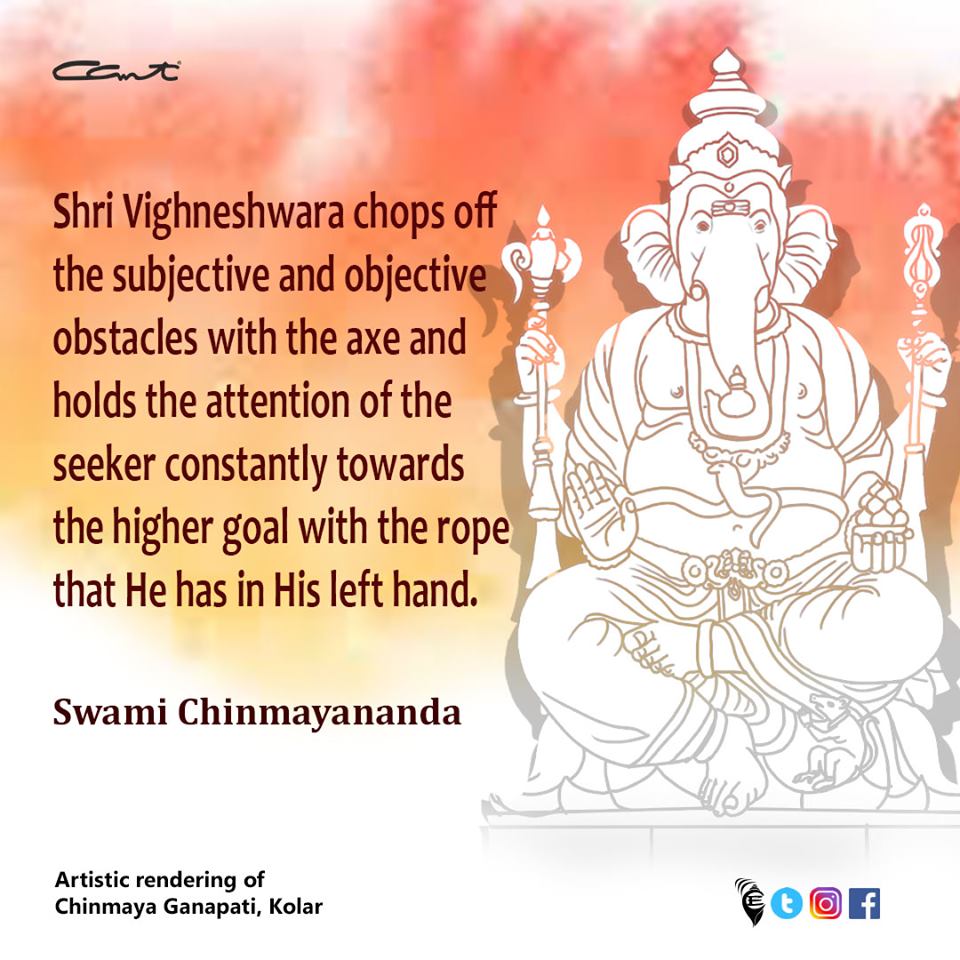The Kathopanishad : The Science of Inner Life -3.1. Swami Krishnananda
=======================================================================
-------------------------------------------------------------------------------------------------------------------------
17/10/2019.
3. The Nature of the Self-1.
-------------------------------------------------------------------------------------------------------------------------
The Atman, being the presupposition of all acts of understanding, feeling and willing, is not known to any individualised knower, and so it appears as a mystery, a Wonder of wonders, awe-inspiring. To many, this Atman is difficult to hear of, to many others, even when heard of, it is difficult to understand. Wonderful is the teacher of this; blessed is the obtainer of this; wonderful is the knower of this, who is taught by a blessed teacher. The Atman cannot be known if it is taught by an inferior teacher, even if it is thought of in various ways.
Only when the Atman is taught by one who is identical with the Atman (i.e., a Brahmanishtha), it can be known, because the Atman is subtler than the subtlest and does not come under any of the logical categories. The Atman cannot be known through logic, but it can be known when it is instructed about by one who has realised it. The wealth of the universe, its resources and powers, are insufficient as means to the realisation of the Atman, for the permanent is not reached by the impermanent.
The Atman is reached when the whole universe with its contents is abandoned. Even the source of the highest happiness, the basis of the world, the end of all desires, the state of fearlessness, the praiseworthy great being, viz., Hiranyagarbha, is not worth having. Rejecting all these, that Atman which is very difficult to know, which is seated in the innermost cavity of the heart, the attainment of which is attended with great dangers, should be known by abstracting the senses and the mind from their respective objects and resolving this energy into Self-consciousness.
Knowing this self-luminous being, the hero casts off both joy and grief. He rejoices in the bliss of the Self, because he has attained the highest object of attainment through hearing, understanding and contemplation of this subtle Truth. It is different from what is done and what is not done, different from past and future, and is of the nature of immediate knowledge. All the Vedas speak of the glory of this. All penances point to the greatness of this. All observe continence for the attainment of this.
This supreme state is denoted by the word OM. This is the Supreme Absolute. After knowing this, whatever one wishes for, becomes one's own. This is the supreme support; knowing this support, one glories in the region of the Absolute.
To be continued ....
========================================================================
-------------------------------------------------------------------------------------------------------------------------
17/10/2019.
3. The Nature of the Self-1.
-------------------------------------------------------------------------------------------------------------------------
The Atman, being the presupposition of all acts of understanding, feeling and willing, is not known to any individualised knower, and so it appears as a mystery, a Wonder of wonders, awe-inspiring. To many, this Atman is difficult to hear of, to many others, even when heard of, it is difficult to understand. Wonderful is the teacher of this; blessed is the obtainer of this; wonderful is the knower of this, who is taught by a blessed teacher. The Atman cannot be known if it is taught by an inferior teacher, even if it is thought of in various ways.
Only when the Atman is taught by one who is identical with the Atman (i.e., a Brahmanishtha), it can be known, because the Atman is subtler than the subtlest and does not come under any of the logical categories. The Atman cannot be known through logic, but it can be known when it is instructed about by one who has realised it. The wealth of the universe, its resources and powers, are insufficient as means to the realisation of the Atman, for the permanent is not reached by the impermanent.
The Atman is reached when the whole universe with its contents is abandoned. Even the source of the highest happiness, the basis of the world, the end of all desires, the state of fearlessness, the praiseworthy great being, viz., Hiranyagarbha, is not worth having. Rejecting all these, that Atman which is very difficult to know, which is seated in the innermost cavity of the heart, the attainment of which is attended with great dangers, should be known by abstracting the senses and the mind from their respective objects and resolving this energy into Self-consciousness.
Knowing this self-luminous being, the hero casts off both joy and grief. He rejoices in the bliss of the Self, because he has attained the highest object of attainment through hearing, understanding and contemplation of this subtle Truth. It is different from what is done and what is not done, different from past and future, and is of the nature of immediate knowledge. All the Vedas speak of the glory of this. All penances point to the greatness of this. All observe continence for the attainment of this.
This supreme state is denoted by the word OM. This is the Supreme Absolute. After knowing this, whatever one wishes for, becomes one's own. This is the supreme support; knowing this support, one glories in the region of the Absolute.
To be continued ....
========================================================================



.jpg)

Comments
Post a Comment